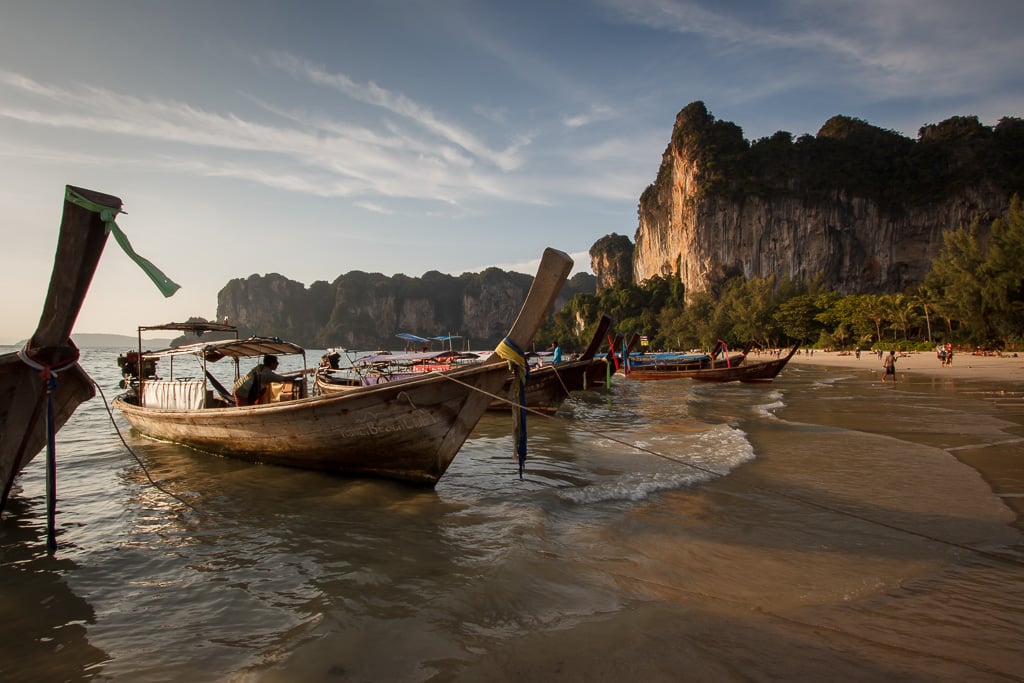Which humanitarian topics are on IRIN’s radar and should be on yours? Check out our curation of upcoming events, topical reports, opinion, and quality journalism:
Jaw-jaw and war war in South Sudan
The “political marketplace” shapes war and peace in South Sudan. It’s a system of political patronage inherited from Khartoum, Alex de Waal argues in this fascinating podcast from the Rift Valley Institute (listen out for his wonderful first-hand account of Darfur negotiations). Although the “big tent” worked in the early days of independence when President Salva Kiir could buy off opponents, it is now failing, as the economy flat-lines. Under these circumstances, de Waal sees the 2015 power-sharing agreement between Kiir and rebel leader Riek Machar as “insane” and, tragically, a “charter for a new war”. It not only imposed an agreement on two sides that didn’t trust each other, but did so in a context in which they had seriously limited resources to carve up. But in the current fighting, de Waal sees a glimmer of hope. With neither side able to win a decisive victory, more power is slipping into the hands of increasingly decentralised communities. Ignored by the 2015 agreement, these communities “could organise themselves and begin to call their leaders to account”, he suggests – that is, as long as another “misguided” external peace effort doesn’t derail that process.
Palestinian internet freedom crackdown
Palestinian leader Mahmoud Abbas has passed a draconian new law that could severely limit internet freedom and free speech in Palestine – although, this is presumably not why US President Donald Trump allegedly yelled at him. The new law allows for the unlimited authority to intercept communications, as well as dole out jail time (up to 15 years), hard labour, and fines for online activity vaguely found to be detrimental to “social harmony”. Authorities can now legally demand cooperation from internet service providers, shut down websites, and prosecute publishers. Already, journalists are under attack and arrest in the region. The internet crackdown is just another way the people of Palestine are hedged in from all sides. See our article from this week on how Palestinians’ rights are restricted in labour, land use, and legal recourse.
Seven more years
No prizes for predicting who’ll win today’s presidential election in Rwanda. If past form is anything to go by, Paul Kagame, in power since 2000 – six years after he helped to end a genocide – will be returned to office with just a few points shy of 100 percent of the vote. Many Western donors and other African leaders point to today’s Rwanda, with its clean streets, high proportion of women legislators, and startling economic recovery, as a beacon of hope for the continent. Others paint a less rosy picture. Diane Shima Rwigara, who was disqualified from running in the poll, wrote in the Chicago Tribune that the election was more akin to “a coronation than a democratic exercise”. The ruling Rwandan Patriotic Front “stops at nothing if you dare to oppose it,” added Rwigara, nude Photoshopped photos of whom were circulated on social media soon after she announced she would stand for president. “A land ruled by fear can never be happy or secure,” warned the Economist in the run-up to the vote, describing Rwanda as a “police state”, one where opposition politicians are “harassed and occasionally murdered” and where free speech barely exists. The Economist said of Kagame that “now he is the problem… After the election, Rwanda’s hard man should retire gracefully.” While acknowledging Rwanda’s abuses and repression, venturesafrica.com warned that the demonisation of Kagame by the Economist and other media was dangerously redolent of the negative narrative about Muammar Gaddafi pushed by Western media and the international community in 2011, when Libya “slowly descended into chaos and militancy skyrocketed…. What happened in Libya must not happen in Rwanda.”
Will nations take critical steps in the next two years to protect global fisheries that are on the verge of collapse? The first UN Ocean Conference wrapped up in June with a “Call for Action”. That led to the formation of a preparatory committee, which recently recommended forming an “Intergovernmental Conference” to begin negotiations as soon as next year for a treaty that could be finalised by the end of 2019. The treaty would, for the first time, protect marine life in international waters. It’s a welcome initiative for sure, but is it too little too late? As our special report last year found, climate change and overfishing have already decimated global fish stocks, bringing some varieties to the brink of extinction and putting some coastal communities in tropical climates at risk of malnutrition.
Did you miss it?
“It looks like Mars,” says an Israeli rabbi visiting a detention centre for migrants in Israel. African asylum seekers almost never get refugee status in Israel. The regimented routine at the Holot centre, and the immigration limbo outside, would wear down the stamina of any asylum seeker. Many Israelis, despite their own histories of exile and loss, are hostile to the migrants and asylum seekers. They are not afraid to say so, as we see in this unblinking short documentary by Roopa Gogineni. Liberal activists and some rabbis try to advocate for a more generous welcome, but with little success. Anwar, a Sudanese man from Darfur, has been in exile for 13 years, and now speaks Hebrew. Thanks to a court ruling, he was released from the Holot centre after a year, but he still isn’t allowed to live in Tel Aviv city, where most Eritrean and Sudanese migrants stay. Anwar survives on odd jobs and goodwill, and waits for an answer to his asylum application. A gloomy outlook for his legal status is balanced out by his own optimism and network of friends and supporters.
oa-jf-wp-bp-am/ag





